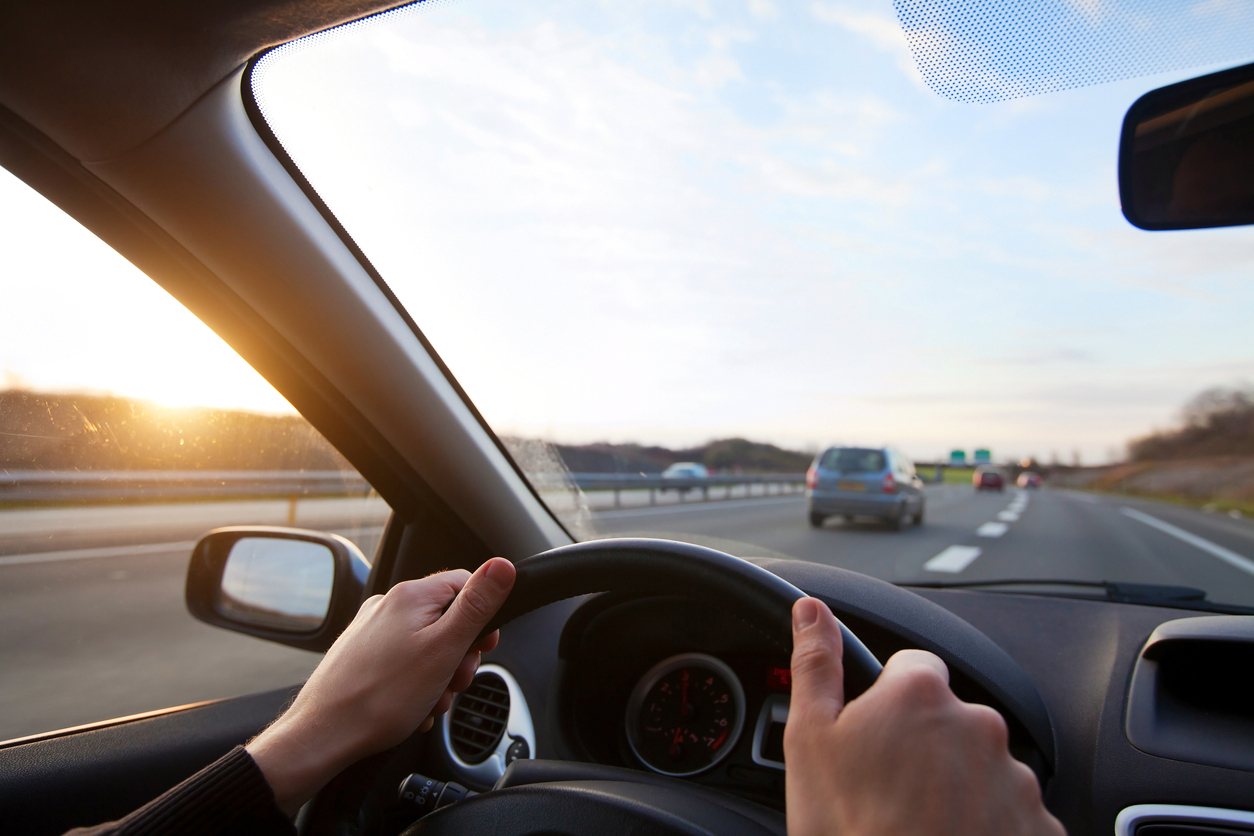Driving Cars or Riding Motorcycles, Which Is Safer?
Bill Allen | August 12, 2025 | Car Accidents

Whether you’re a daily commuter, a weekend road-tripper, or someone considering a new mode of transportation, safety is often the first concern when choosing between driving a car and riding a motorcycle. Both options offer their own sense of freedom, mobility, and convenience—but they also present very different safety profiles.
So, which one is actually safer? It’s a question that goes beyond personal preference. Understanding the differences in risk, injury severity, and accident likelihood between cars and motorcycles can help you make a more informed, potentially life-saving decision.
The Stark Difference in Risk
Motorcycles are inherently less crashworthy than cars. Unlike a car with a protective frame, airbags, and seat belts, a motorcycle leaves its rider completely exposed. The National Highway Traffic Safety Administration (NHTSA) consistently reports that per mile traveled, motorcyclists are about 24 times more likely to die in a crash and 4 times more likely to be injured compared to car occupants.
In other words, even when obeying all traffic laws, a motorcyclist faces a much higher risk of serious injury or death simply because of the vehicle’s design.
Common Causes of Crashes
Both cars and motorcycles share the same roads—and the same dangers. But the way crashes happen can be quite different.
Car Accidents
Car accidents often result from:
- Distracted driving
- Speeding
- Drunk driving
- Failing to yield or stop
These negligent behaviors put everyone on the road at risk and often lead to devastating consequences.
Motorcycle Accidents
Motorcycle accidents often involve:
- Cars turning left across the motorcyclist’s path
- Cars changing lanes without noticing the rider
- Road hazards like potholes or gravel
- Loss of control on wet or uneven surfaces
These differences mean that motorcyclists often have less time to react and fewer ways to avoid a collision.
The Consequences of Injuries
When crashes do occur, injury severity is typically much worse for motorcycle riders.
Motorcyclists are more prone to:
- Traumatic brain injuries
- Spinal cord injuries
- Severe fractures
- Road rash and burns
While car occupants benefit from crumple zones and airbags, motorcyclists absorb the full impact of a collision.
Under Florida law, this matters a lot when pursuing a personal injury claim. Florida is a comparative negligence state (Florida Statutes § 768.81). If you’re injured in a crash but share some fault, your compensation can be reduced by your percentage of fault.
Insurance companies often argue that motorcyclists take on more risk and might share blame—even if a car driver actually caused the crash. A personal injury lawyer fights to ensure you aren’t unfairly blamed and that you recover what you’re entitled to.
Helmet Laws and Safety Gear in Florida
Florida law gives adult riders some freedom, but also carries real risk. According to Florida Statutes § 316.211, motorcyclists over 21 can choose not to wear a helmet if they carry at least $10,000 in medical insurance coverage.
However, helmet use has been proven to reduce the risk of death by about 37% and the risk of head injury by nearly 70%. Even if it’s legal to ride without one, it’s safer—and can also strengthen your personal injury case if you’re hurt in a crash.
Insurance Considerations
Another key difference between driving cars and riding motorcycles in Florida involves insurance. Florida is a no-fault state for cars, meaning drivers must carry Personal Injury Protection (PIP) insurance to cover their own injuries regardless of fault.
However, motorcycles are excluded from Florida’s no-fault system. Motorcyclists must pursue the at-fault driver directly for damages. This can make injury claims more complex, as you have to prove the other driver’s liability and negotiate with their insurance company.
Tips for Safer Riding and Driving
Whether you’re behind the wheel of a car or the handlebars of a motorcycle, you can take steps to reduce your risk:
For drivers:
- Always check blind spots for motorcycles
- Use turn signals early
- Avoid distractions
- Give motorcycles plenty of space
For motorcyclists:
- Wear a DOT-approved helmet
- Use high-visibility clothing
- Take defensive riding courses
- Avoid riding in poor weather
- Keep your bike well-maintained
These precautions can save lives and help you avoid the legal headaches that follow serious accidents.
Contact Our Gainesville Car Accident Law Firm at Allen Law Accident & Injury Lawyers in North Central Florida
If you need legal assistance, contact the Gainesville car accident lawyers at Allen Law Accident & Injury Lawyers at your nearest location to schedule a free consultation today, we’re open 24 hours daily.
We have three convenient locations in Marion County and Alachua County, North Central Florida:
Allen Law Accident & Injury Lawyers – Gainesville Office
2550 SW 76th St #150
Gainesville, FL 32608
(877) 255-3652
Allen Law Accident & Injury Lawyers – Downtown Gainesville
621 W University Ave
Gainesville, FL 32601
(866) 928-6292
Allen Law Accident & Injury Lawyers – Ocala Office
112 S Pine Ave
Ocala, FL 34471
(352) 351-3258
